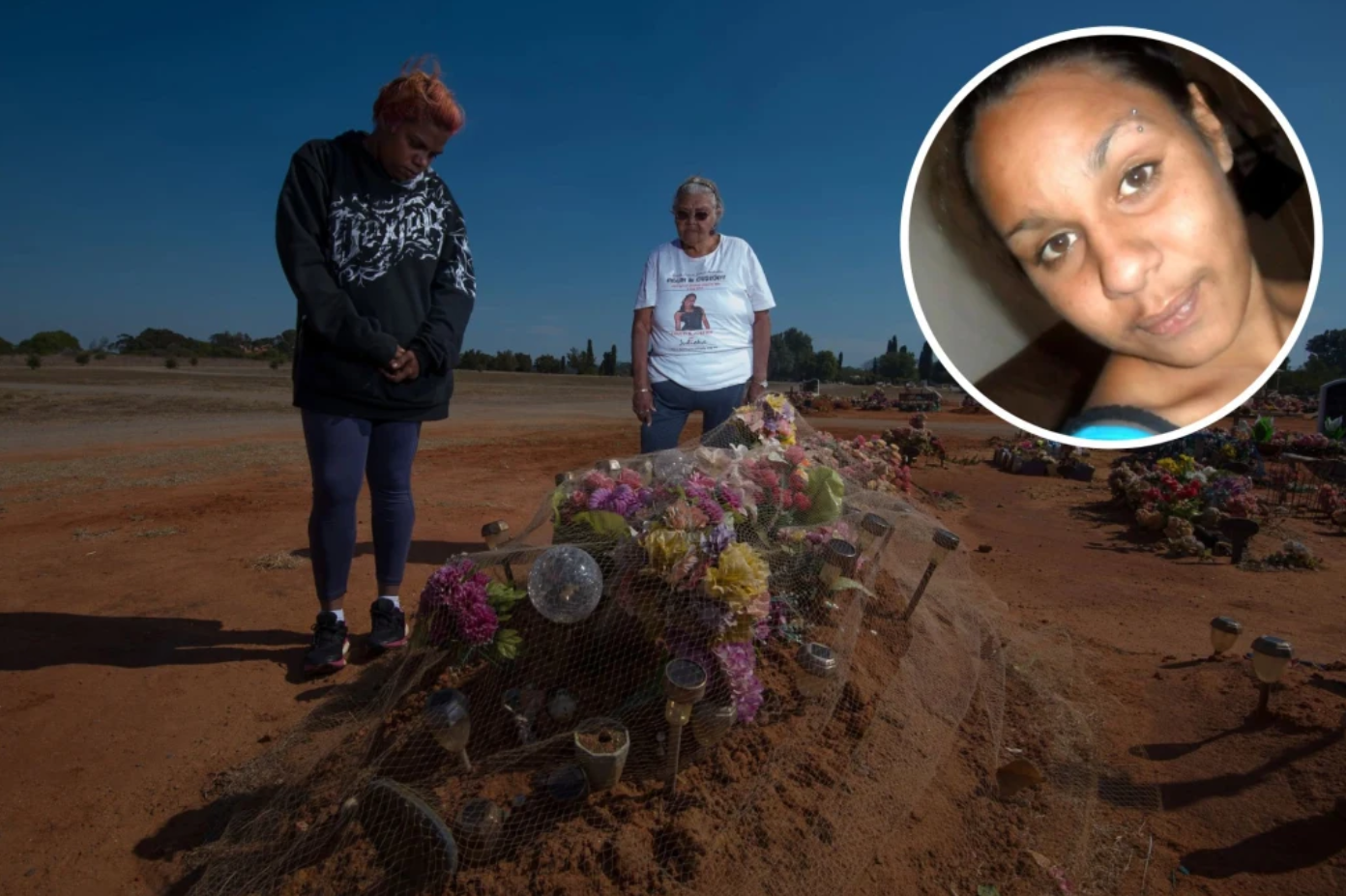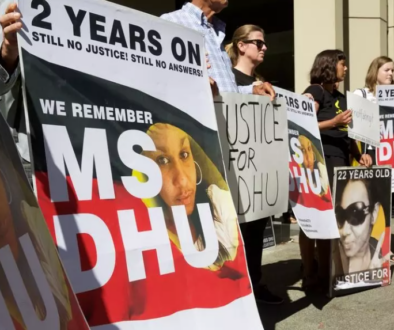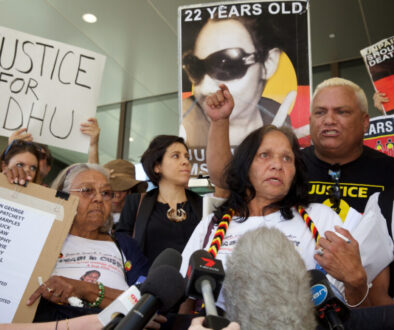WA Police issue Ms Dhu’s family apology after unpaid fines row settlement
Key points:
-
In a statement released on Friday morning, WA Police and WA Country Health Service apologised to Ms Dhu’s family and community
-
The apology comes after a mediation process in March 2024
-
A coroner declared she died after enduring unprofessional treatment at the hands of police officers, who were convinced she was feigning illness and possibly suffering drug withdrawals.

Warning: This story contains the name and images of a deceased Indigenous person.
Ten years and a class action later, WA Police and the state government have apologised to the family of a 22-year-old woman who died in a horrific ordeal in police custody after being arrested over unpaid fines.
In a statement released on Friday morning, WA Police and WA Country Health Service apologised to Ms Dhu’s family and community for the circumstances leading to her death on August 4, 2014.
“We are truly sorry for the circumstances of Ms Dhu’s death and recognise the significant impact her passing has had on her family and her community,” the statement read.
The apology comes after a mediation process in March 2024, which WAtoday exclusively revealed had resulted in a partial settlement of a class action levelled by Ms Dhu’s family.
Federal Court documents show the state and the family inked a settlement deed after engaging in private peace talks on March 8.
Ms Dhu, a Yamatji woman, died from complications associated with septicaemia when a rib broken in a domestic violence incident became infected.
She had been arrested for just over $3600 in unpaid fines.
A coroner declared she died after enduring unprofessional treatment at the hands of police officers, who were convinced she was feigning illness and possibly suffering drug withdrawals.
Those left in charge of her estate launched a class action against the WA government and the WA Country Health Service in February 2022 over a law which previously allowed people to be jailed for unpaid fines, arguing it was discriminatory and disproportionately affected Indigenous people.
The regime under the Fines, Penalties and Infringement Notices Enforcement Act 1994 was repealed in 2020 after a family-led campaign and public outrage.
Ms Dhu’s family received a $1.1 million ex gratia payment from the state in 2017, executed in a way that did not prevent the family from seeking further damages.
The deed of settlement inked between the state government, the health service and the family does not free the state from the two-year-long row, with the family still waiting on an admission that Ms Dhu’s arrest and detention was unlawful and discriminatory.
The deed also does not mark the end of the payout pursuit for Noongar woman Keennan Dickie, who was jailed over unpaid fines in 2019 after reporting an assault.
A state government spokesperson confirmed the parties had agreed to resolve the compensation aspect of the dispute at mediation, but that the terms of settlement were confidential.
But the state is remaining tight-lipped on the total value of the payout.
The parties are in the process of exchanging documents, with the matter expected to return to court on July 31.
*Ms Dhu’s first name has not been used for cultural reasons.
Contact us
Please provide a brief description of your claim.



